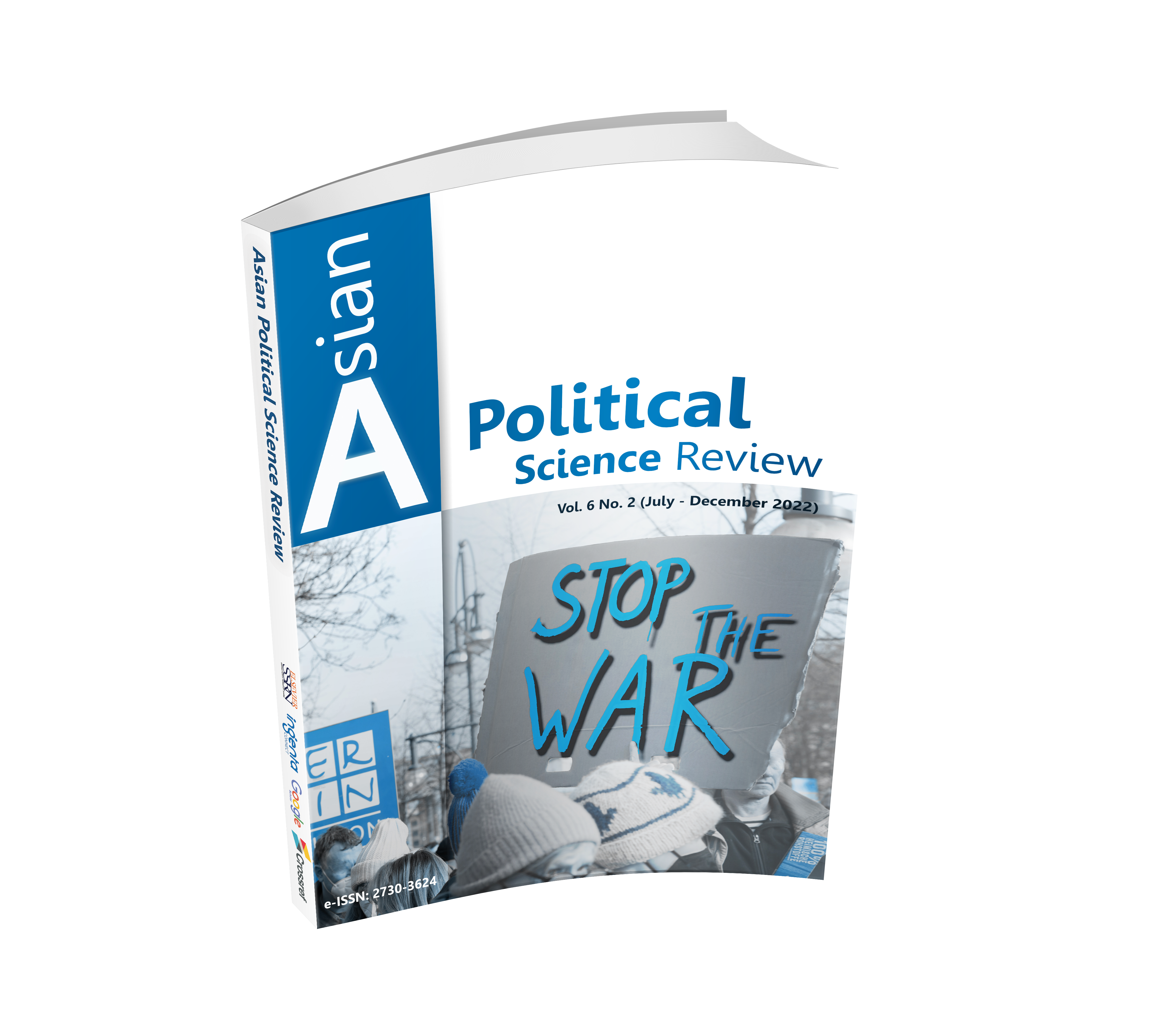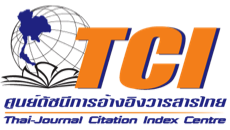ADAPTABILITY OF ASEAN STATES POLITICAL SECURITY NORMS IN THE POST COLD WAR UNDER A THEORY OF SOCIAL EVOLUTION ANALYSIS
Keywords:
Social Evolution, ASEAN Norms, Security Norms, Southeast Asia, ASEAN WayAbstract
This paper attempts to explain the changes in the adaptation of ASEAN states to security norms since the cold war. After the end of the cold war, the ASEAN states did not immediately adopt the ASEAN Framework for security cooperation, but still followed a certain degree of survival instinct. With the strengthening of ASEAN normative power, the situation of security cooperation between Southeast Asia and other major states in the region has begun to be dominated by ASEAN. This change has not only led to changes in the security habits of ASEAN states but also prompted ASEAN states to gradually adapt to the security norms based on the ASEAN Framework. The changes in the adaptability of ASEAN states to security norms illustrate the fact that ASEAN norms are spread from another perspective, and also show the reasons why ASEAN can advance towards a security community.
Downloads

Downloads
Published
How to Cite
Issue
Section
License
Copyright (c) 2023 Authors

This work is licensed under a Creative Commons Attribution-NonCommercial-NoDerivatives 4.0 International License.











.png)


